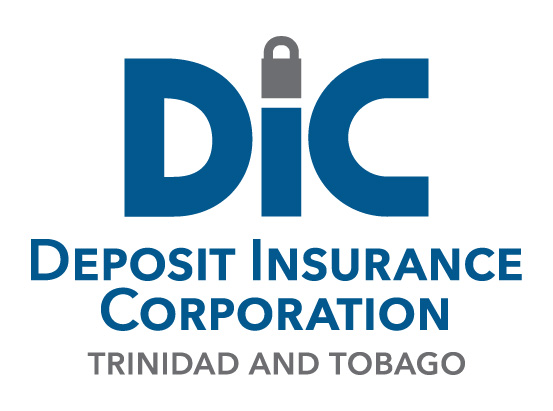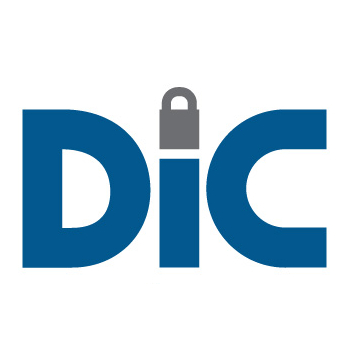What procedure does the DIC follow after an institution has been closed?
The DIC will balance the institution’s books and credit interest earned on all accounts up to the date of closure. DIC officials will determine how much is owed to each depositor. A list of all deposits will be prepared. From this list, the following will be identified for further examination: …




